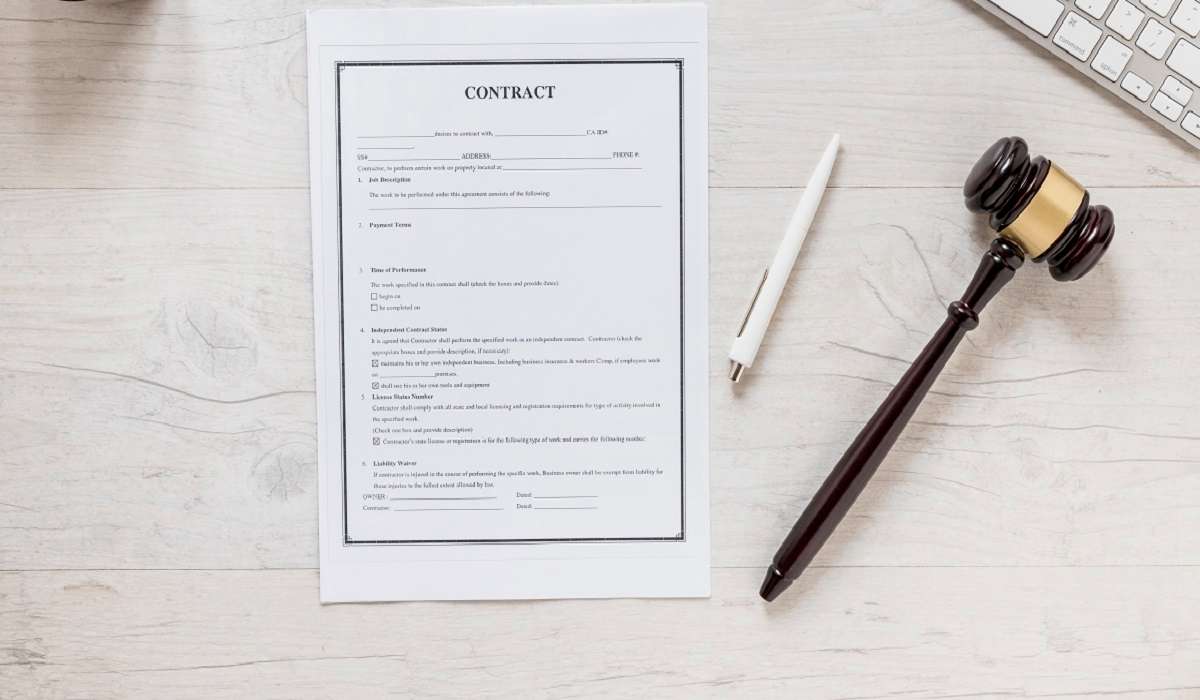In commercial transactions, it is very common for one party to give the other party an amount of money before the contract being performed. Payment dispute attorneys in Vietnam could help distinguish the difference.
What is deposit?
Deposit is one of security measures for the performance of contract obligations. According to regulation of Civil Code, deposit is an act whereby one party (hereinafter referred to as the depositor) gives to other party (hereinafter referred to as the depositary) a sum of money or precious metals, gemstones or other valuable things (hereinafter referred to as the deposited property) for a period of time as security for the entering into or performance of a contract.
Upon a contract being entered into or performed, any deposited property shall be returned to the depositor, or deducted from the amount of payment obligation.
If the depositor refuses to enter into or perform the contract, the deposited property shall belong to the depositary.
In case the depositary refuses to enter into or perform the contract, the depositary must return the deposited property and pay an amount equivalent to the value of the deposited property to the depositor, unless otherwise agreed.
It can be seen that the purpose of deposit is to ensure the entering into or performance of a contract. Due to the fact that its nature is a security measure for the performance of contract obligations, sanction is set in regulation of deposit in case one party refuses to perform the agreement.
What is advance payment?
In practice, the advance payment can be understood that the obligor pays the obligee a sum of money in advance and this amount is regarded as in-advance performance of a payment obligation.
As the nature of the advance is not a security measure for the performance of contract obligations, there is no fine rising from the advance if one party refuses to perform the agreement.
Further, when a contracting party gives to the other party a sum of money, which is not clearly identified by the parties as a deposit or an advance, such amount shall be considered an advance payment.
It is important to distinguish the difference between deposit and advance payment to avoid potential disputes in performance the contract or consult with dispute resolution lawyers at early stage of the dispute for proper actions.
When disputes arise, how payment dispute attorneys in Vietnam could help?
Payment dispute attorneys in Vietnam play a crucial role in helping clients navigate and resolve conflicts related to payment issues. Here’s how these attorneys can assist clients facing payment disputes:
1. Legal Advice and Assessment
- Legal Guidance
Payment dispute attorneys in Vietnam can provide clients with legal advice on the contractual obligations, payment terms, and relevant laws and regulations governing the transaction.
- Case Assessment
Attorneys assess the merits of the payment dispute case, identifying legal strengths and weaknesses. This involves a detailed analysis of the contract terms, invoices, and supporting documentation.
2. Negotiation and Settlement
- Negotiation Strategy
Payment dispute attorneys in Vietnam develop effective negotiation strategies to reach an amicable settlement. They may engage in discussions with the opposing party, seeking mutually agreeable solutions without resorting to formal legal proceedings.
- Settlement Agreements
If a negotiated settlement is reached, attorneys help draft clear and comprehensive settlement agreements that outline the terms and conditions agreed upon by the parties.
3. Mediation and Alternative Dispute Resolution (ADR)
- Mediation Representation
In cases where mediation is pursued, payment dispute attorneys in Vietnam represent clients during the mediation process. They work towards facilitating open communication and finding resolutions acceptable to both parties.
- ADR Expertise
Attorneys may advise clients on the suitability of alternative dispute resolution methods, such as arbitration when contract allows or mediation, and guide them through the ADR process.
4. Formal Legal Proceedings
- Initiating Legal Action
If informal resolution attempts are unsuccessful, payment dispute attorneys in Vietnam can initiate formal legal proceedings on behalf of their clients. This may involve filing a lawsuit in court, adhering to procedural requirements.
- Legal Representation
Attorneys represent clients in court, presenting legal arguments, providing evidence to support the payment claim.
5. Enforcement of Judgments
- Judgment Enforcement
In cases where a court issues a judgment in favor of the client, payment dispute attorneys in Vietnam assist in enforcing the judgment. This may involve seeking court orders for the seizure of assets or other means of enforcing the awarded payment.
6. Contract Review and Drafting
- Contractual Analysis
Payment dispute attorneys in Vietnam review existing contracts to determine the rights and obligations of the parties involved in the payment dispute.
- Contract Drafting
Payment dispute attorneys can assist in drafting clear and enforceable contracts to prevent future payment-related conflicts.
7. Risk Mitigation
- Risk Assessment
Attorneys help clients assess the potential risks associated with payment disputes and provide guidance on risk mitigation strategies for future transactions.
In summary, payment dispute attorneys in Vietnam provide comprehensive legal support, from initial case assessment to negotiation, alternative dispute resolution, formal legal proceedings, and enforcement of judgments. Their expertise ensures that clients have effective representation and guidance throughout the payment dispute resolution process.
About ANT Lawyers, a law firm in Vietnam
We help clients overcome cultural barriers and achieve their strategic and financial outcomes, while ensuring the best interest rate protection, risk mitigation and regulatory compliance. ANT lawyers has lawyers in Ho Chi Minh city, Hanoi, and Danang, and will help customers in doing business in Vietnam.
How ANT Lawyers Could Help Your Business?
ANT Lawyers is a law firm in Vietnam with English speaking lawyers, located in the business centers of Hanoi, Danang and Ho Chi Minh City to provide convenient access to our clients. Please contact us via email ant@antlawyers.vn or call our office at +84 28 730 86 529 for legal service in Vietnam



